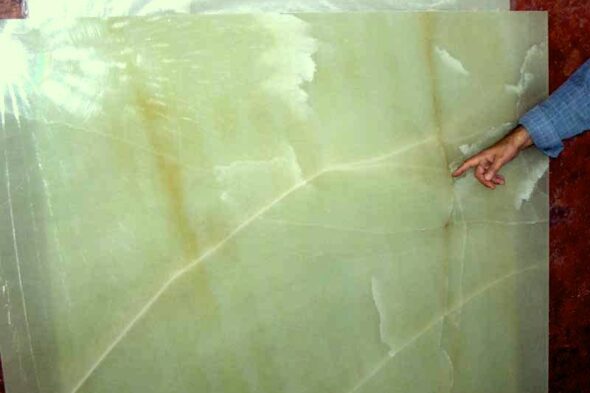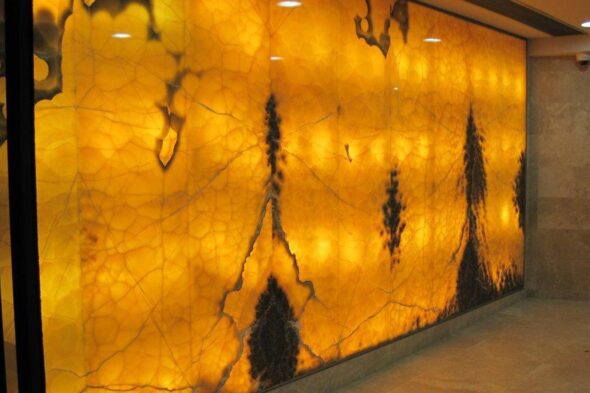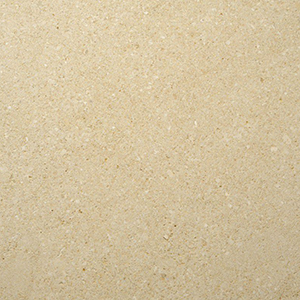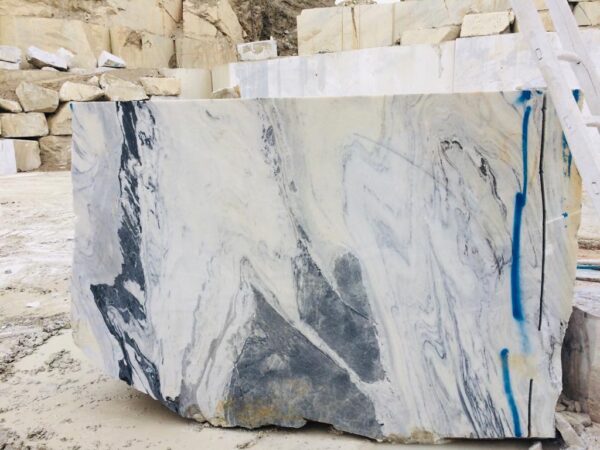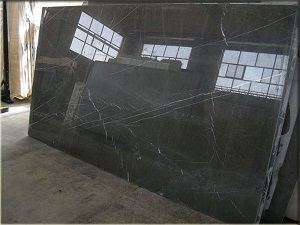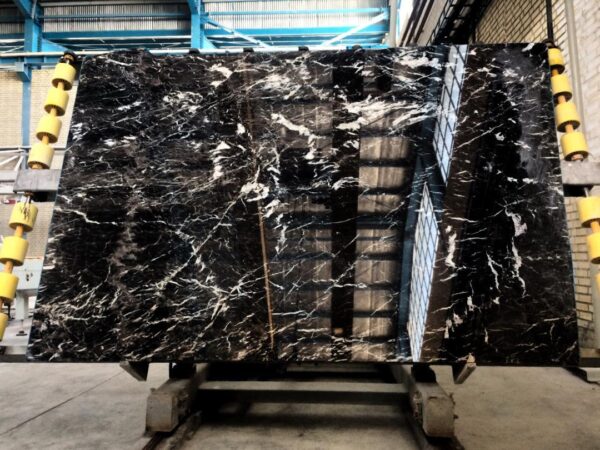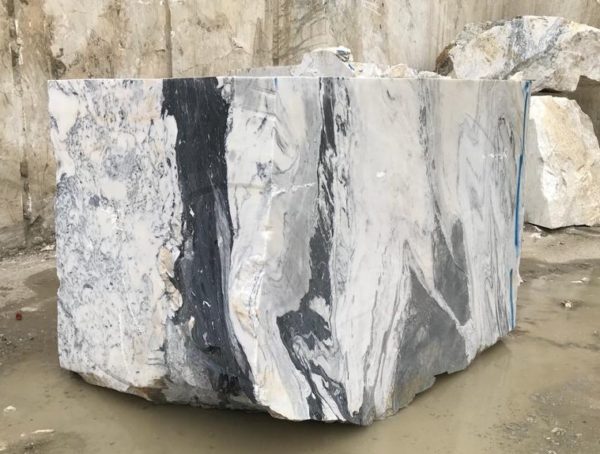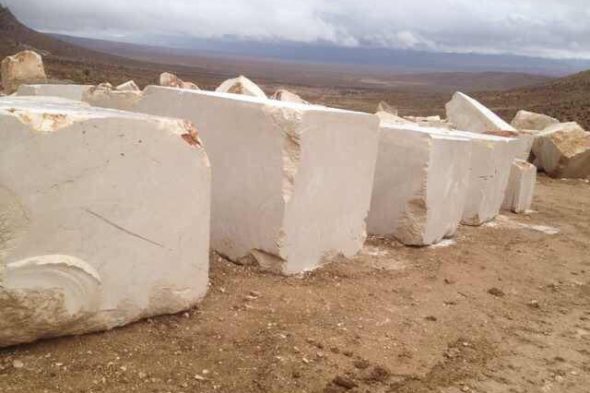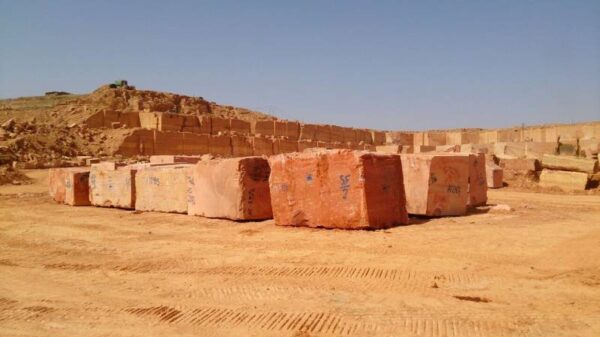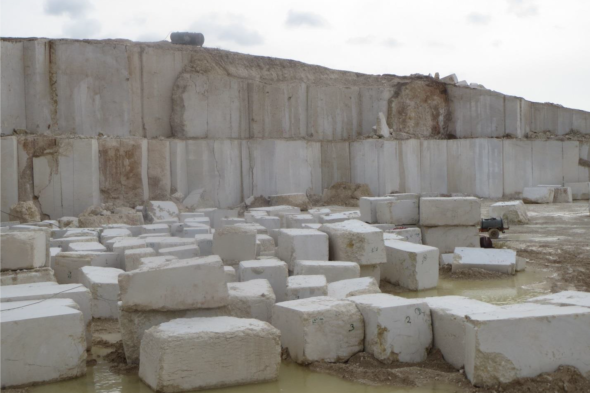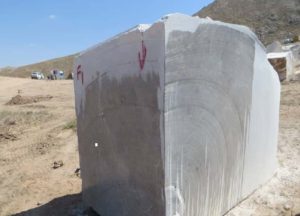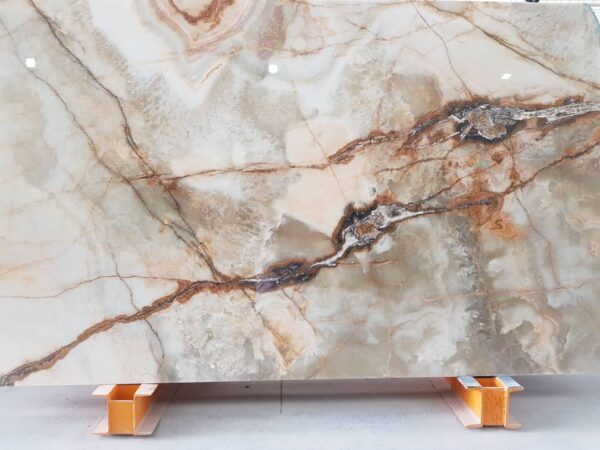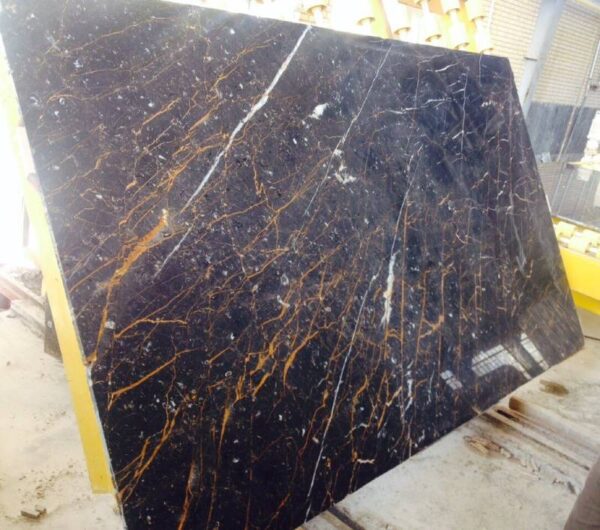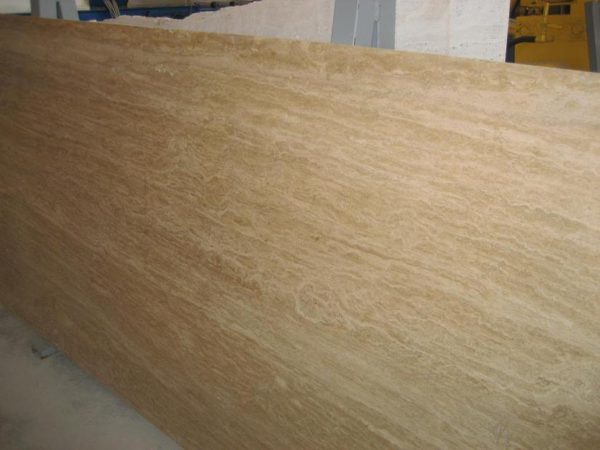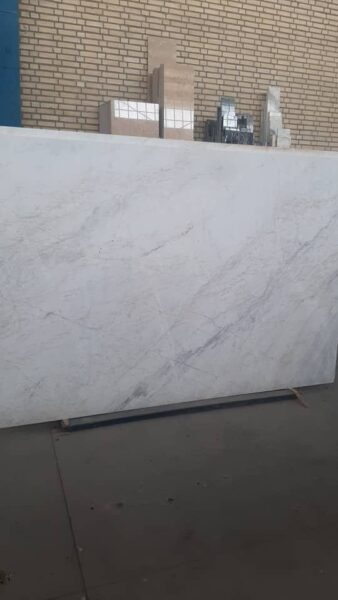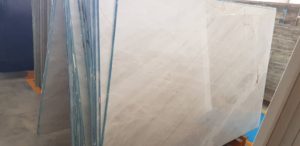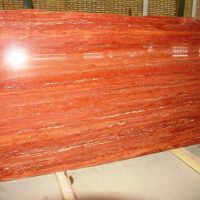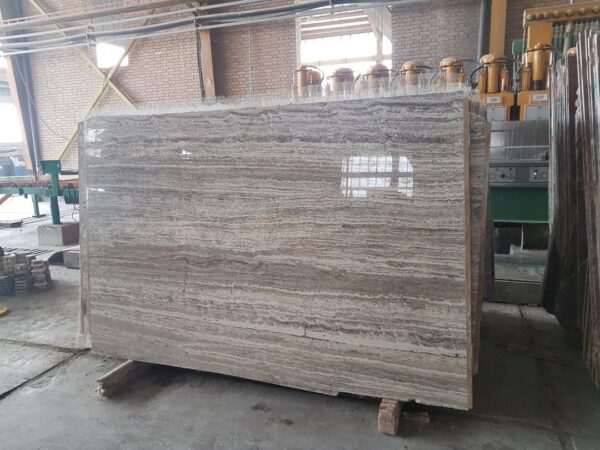Quality, Value, and Global Appeal
Iran has established itself as a leading source of high-quality natural stone for global markets. Whether you’re in construction, architecture, or interior design, the advantages of Iranian stone make it a smart, cost-effective choice. With rich reserves, advanced processing capabilities, and competitive pricing, Iran is one of the best suppliers of marble, travertine, granite, and onyx worldwide.
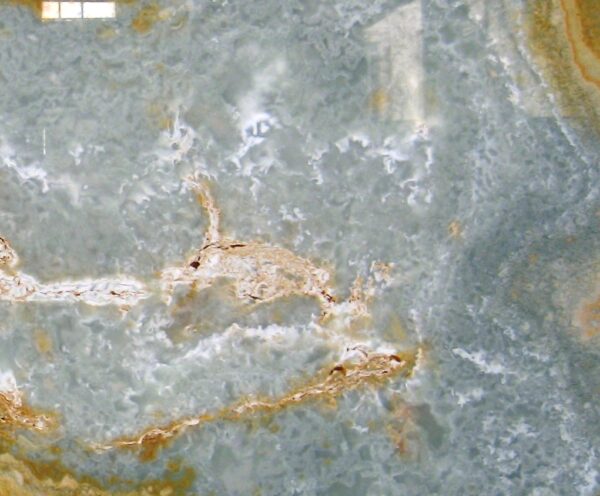

Why Iranian Stone Stands Out in the Global Market
Iran holds the 4th largest natural stone reserves in the world, with more than 4,000 quarries across the country. As a result, it offers a consistent supply, a wide variety of colors, and competitive export services.
Moreover, the country’s stone industry has made significant investments in cutting-edge machinery and processing facilities, allowing it to meet modern standards for design and durability.
1. Exceptional Quality and Variety
Iranian stone is celebrated for its dense structure, smooth surface, and natural polish. Unlike some lower-grade materials, these stones are durable and resistant to wear, making them ideal for high-traffic areas.
In addition, the natural variety available is vast:
White Marble from Esfahan
Persian Silk and Spider Marble
Red and Yellow Travertine from Mahallat
Luxurious Onyx with unique translucent properties
Each type is known for its distinct beauty and lasting performance, suitable for both indoor and outdoor applications.
2. Competitive Pricing Without Sacrificing Quality
One of the most significant advantages of Iranian stone is its cost-effectiveness. Compared to stones from Italy, Turkey, or Spain, Iranian products often come at 30–50% lower prices—even when including shipping costs.
This affordability comes from:
Lower domestic production costs
Government-supported mining industry
Efficient export infrastructure
Therefore, importers and project developers can maximize ROI without compromising on aesthetics or strength.
3. Customization and Export Flexibility
Iranian suppliers offer a high degree of flexibility in product dimensions, finishes, and packaging. Whether you need tiles, slabs, blocks, or custom architectural elements, manufacturers can deliver to your specifications.
In addition:
Most suppliers follow ISO and CE standards
Orders can be shipped under FOB or CIF terms
Fast processing and reliable delivery timelines
As a result, international buyers enjoy smooth import processes and consistent quality.
4. Sustainable and Responsible Sourcing
Sustainability is increasingly important in construction and design. Fortunately, Iran’s stone industry is moving toward more eco-conscious quarrying and processing practices.
Moreover, many suppliers are investing in waste reduction, water recycling, and low-emission equipment to meet the demands of environmentally conscious clients.
The Strategic Advantage of Choosing Iranian Stone
In conclusion, Iranian stone combines beauty, durability, and affordability, making it a strategic asset for any construction or design project. Whether you’re sourcing for flooring, facades, countertops, or decorative features, the benefits are clear.
With a wide range of options, proven export expertise, and consistent quality, Iranian stone continues to gain trust across global markets. Now is the time to leverage this advantage for your next commercial or residential development.

